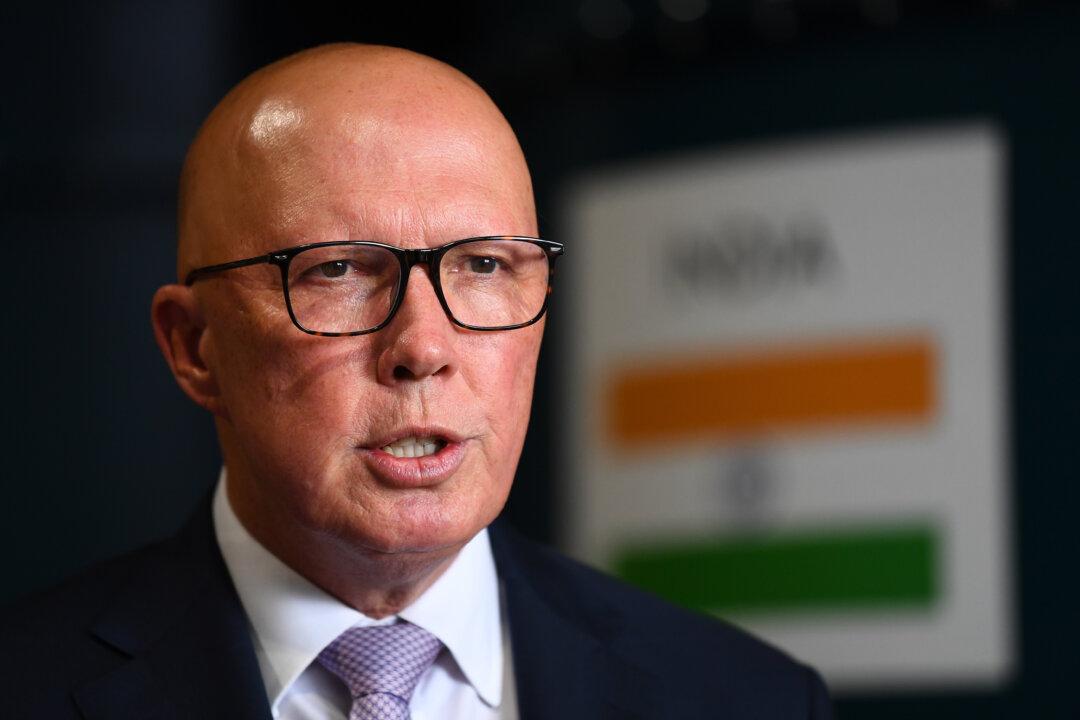Opposition Leader Peter Dutton has continued to press the Labor government amid the Trump administration’s worldwide “Liberation Day” tariffs that have impacted 75 nations.
Dutton, who is vying to be Australia’s next prime minister in the upcoming May 3 election, continued to apply pressure to Prime Minister Anthony Albanese blaming his struggle to arrange a phone call with the U.S. president.





